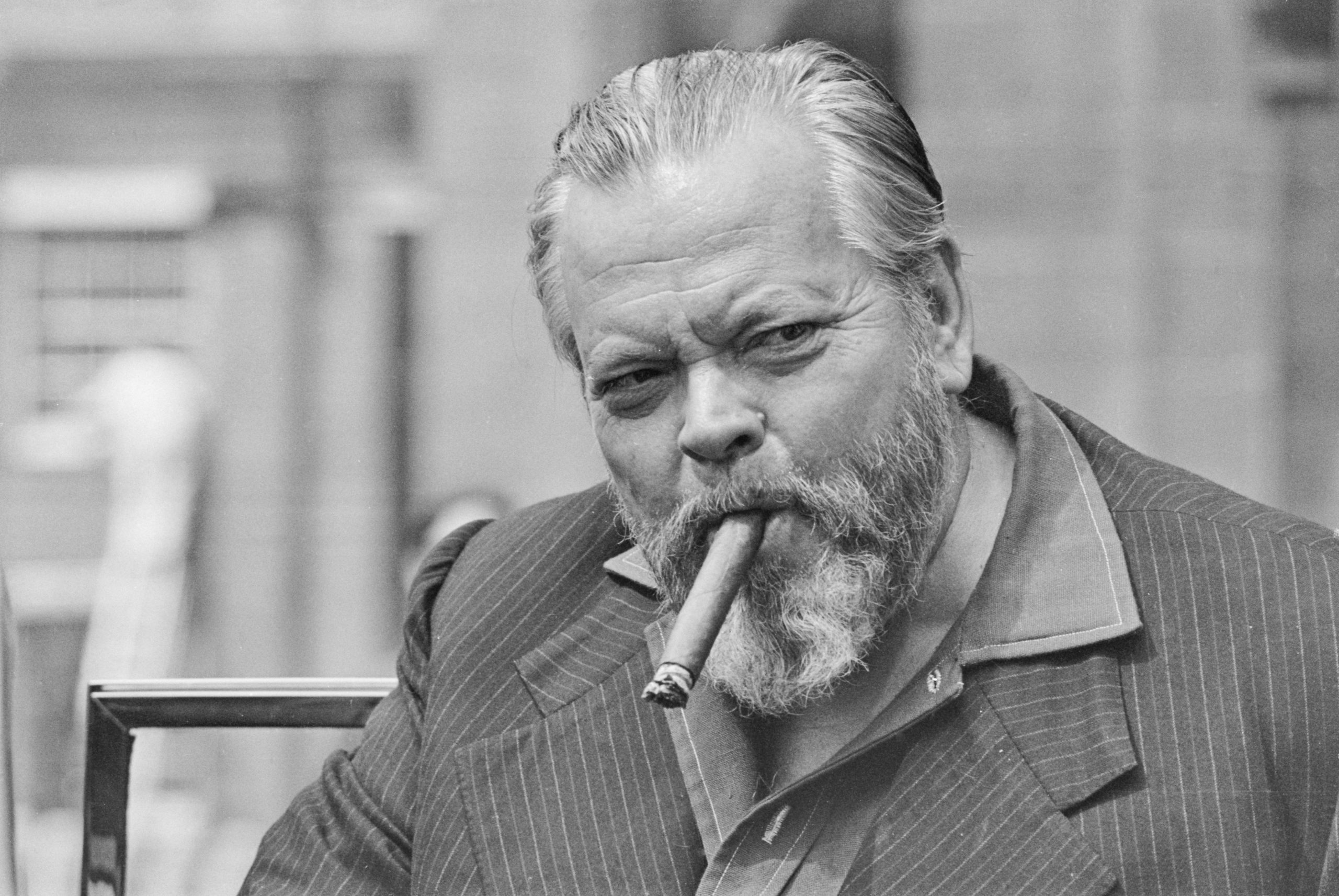(Transatlantic Today)— With the onslaught of Hollywood box-office flops, streaming services and a constant barrage of remakes, sequels, reboots and rip-offs, it seems that cinema has hit something of a slump in its trajectory of creating art. Instead, filmmakers (or more likely, studios) have opted to rebrand other content and make cheap entertainment, not for the purpose of making thought-provoking work but rather to keep audiences busy so that they can get a paycheck and compensated for their time and work.
By the way, filmmakers and studios work very hard at what they do and deserve their money. That’s something that the writer’s strike has taught us, but the thoughtful artistic expression seems to have been DOA in the past couple of years thanks to streaming and easy access to movies and television.
Moreover, if there was one man that could teach us anything about making good films with love and care, it would be Orson Welles. He was a renowned filmmaker who has been known for such movies as “Touch of Evil”, “Othello”, and “Citizen Kane”.
That was a man who thought long and hard about the characters in his films. He wasn’t worried at all about spawning franchise after franchise with a successful motion picture. He took his time and respected the craft.
The History of Orson Welles and His Hollywood

Orson Welles as he appeared in Hollywood’s “Citizen Kane”.
Take “Citizen Kane”, for example. That was a movie about Charles Foster Kane, who came from humble beginnings, created his own newspaper and had an oversized ego which, ultimately, led to his inevitable downfall. Not only was his performance a masterclass, Welles’ direction gave other directors the perfect blueprint to craft a movie from beginning, middle and end. What’s even better about this movie is the fact that it never had a sequel, prequel or any other movie to imply a franchise or series. It was able to stand on its own two feet and still be a monumental success.
The film is still remembered to this day and has ushered in a new era of filmmakers like David Lynch, Steven Spielberg, Martin Scorsese, and David Fincher who have all followed in the same footsteps and stood on the same shoulders of the people that came before them.
The Hollywood Studio Issue

Hollywood Studios and their troubling decline
Nowadays, studios like Disney, Netflix and Warner Brothers are looking for what kind of movie could be so successful that it births a whole new Hollywood franchise and prints money for said studio almost overnight. Everything is a franchise. “Star Wars”, “The Lord of the Rings”, “Harry Potter”, and “Avatar” have all made billions at the box office and they have only enticed studios to make movies surrounding that universe.
If studios were more creative with their films and other work, they would make separate, standalone movies and focus on making them as great as possible like Welles did with his films. It’s all about quality over quantity. However, everything has to be interconnected with one another as a way of appeasing tireless, greedy and ungrateful audiences whose hunger never satisfies for the next biggest thing. However, the hunger is all-consuming and people are obsessed with explosions rather than thought-provoking films that could stand the test of time.
When Orson Welles was in his prime, there was no such thing as streaming or extended universes for the sake of fan-service. Movies were made, more or less, one and done and people went onto the next thing. The craft of filmmaking has been lost to making money rather than trying to tell a decent story. I can’t speak for the filmmaker, but I can only assume that Orson Welles would be appalled by this generation of oversaturation in a medium that was once respected and honored.


























